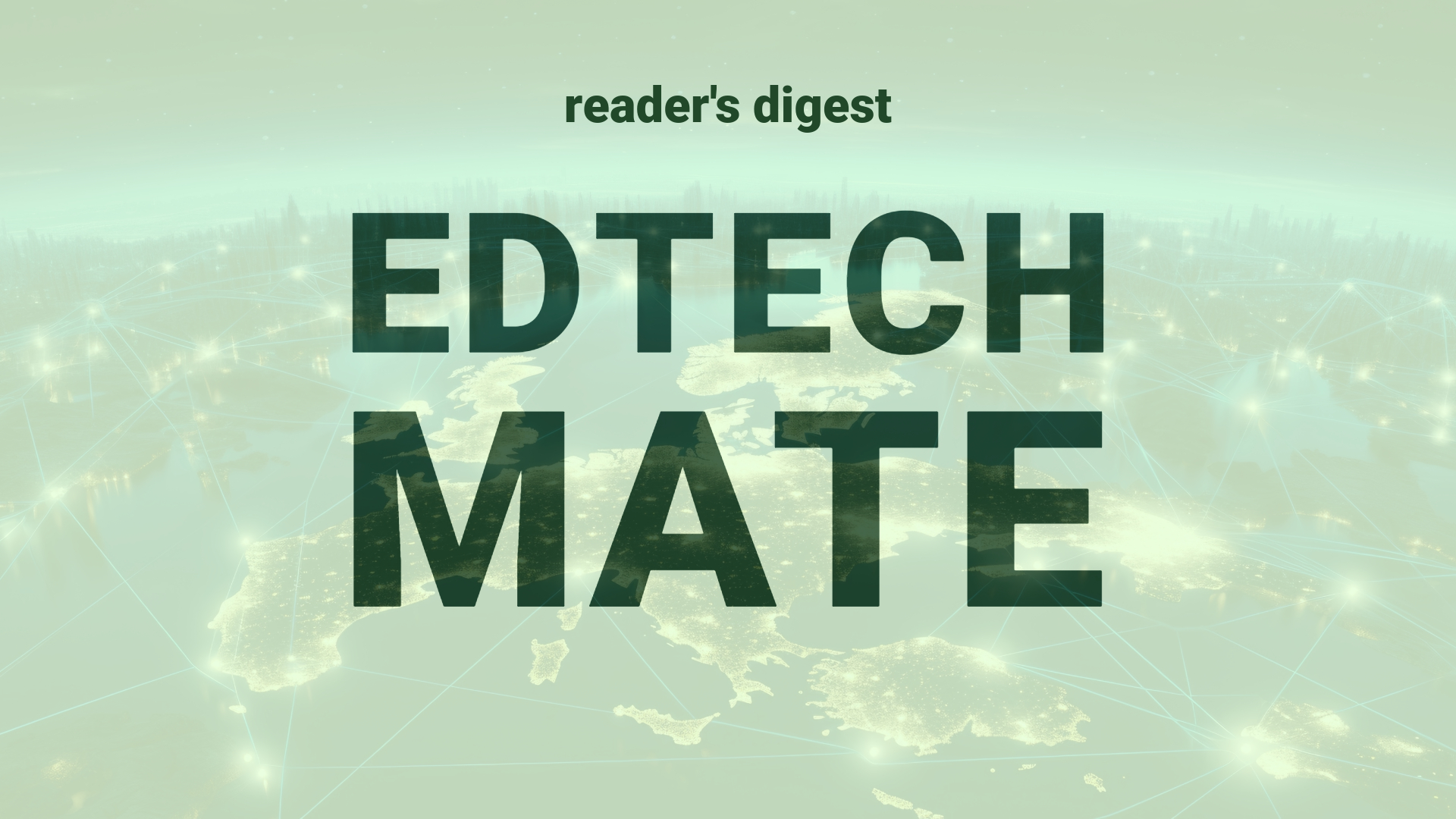Executive Summary and Main Points
The discussion, led by José Juste Pallarés of BSH Electrodomésticos España, sheds light on the transformative impact of artificial intelligence (AI) within business operations. Emphasizing that widespread adoption of AI across businesses, particularly in small and medium-sized enterprises (SMEs), is still evolving despite its significant potential to optimize processes and drive innovation. The narrative asserts that while large organizations have the resources to adopt AI, they are often hamstrung by internal constraints, whereas SMEs’ agility, lean structure, and openness to change position them advantageously for digital tool implementation. Moreover, the fostering of internal technology champions is highlighted as a crucial element for unlocking AI’s potential within any company size. The importance of forming strategic partnerships and allocating internal resources to support the successful integration of AI is stressed, contradicting the misconception that only large corporations can harness AI effectively.
Potential Impact in the Education Sector
Transposing the insights to the education sector, the potential implications are substantial. In Further Education and Higher Education, AI could revolutionize institutional operational efficiencies and pedagogical methodologies. For Further Education, AI can personalize learning paths and automate administrative tasks, enhancing student support and retention rates. In Higher Education, AI’s predictive analytics could optimize university resources and inform strategic decision-making, from enrollment management to research opportunities. Regarding Micro-credentials, AI can streamline the validation, tracking, and recommendation of such programs to learners, potentially improving employability and lifelong learning. Strategic partnerships between education providers and AI specialists may catalyze the digital transformation necessary for adapting to a rapidly changing educational landscape.
Potential Applicability in the Education Sector
AI’s applicability in education extends to adaptive learning platforms capable of customizing content delivery based on student performance, virtual teaching assistants to support faculty, and AI-driven career advice tools for students. In addition, AI can enhance global education systems through automated translation services that bridge language barriers and provide equitable access to quality education. It can also analyze global education trends, offering institutions actionable insights to align with international standards and best practices.
Criticism and Potential Shortfalls
However, the implementation of AI in higher education is not without its challenges. Criticisms include the potential for data privacy breaches, bias in decision-making algorithms, and the loss of the human touch crucial in educational settings. Case studies reveal mixed results, with some institutions facing backlash over AI’s ethical implications and cultural insensitivity when applied without careful consideration of context. For example, algorithmic biases in admission screening tools have been reported to unfavorably impact certain demographic groups, highlighting the need for a more nuanced approach to AI in global education.
Actionable Recommendations
To take advantage of AI’s benefits while mitigating potential downsides, education leaders should focus on fostering a culture of innovation and continuous learning within their institutions. They should provide professional development for staff to become adept in AI applications and take steps to ensure transparency and fairness in AI deployments. Strategic partnerships with AI experts can assist in tailoring solutions that meet the unique needs of each educational institution. Embracing a reflective and iterative process for integrating AI can lead to significant strides in enhancing global higher education’s appeal and effectiveness.
Source article: https://www.cio.com/article/2500084/desmontando-mitos-en-torno-a-la-ia-y-su-impacto-en-el-ambito-corporativo.html

